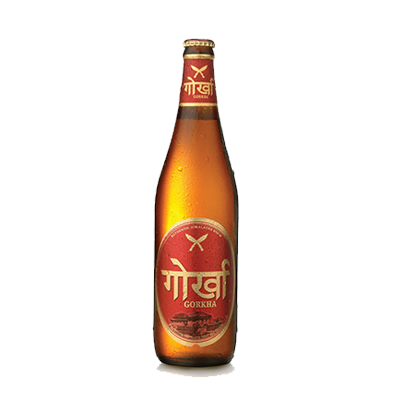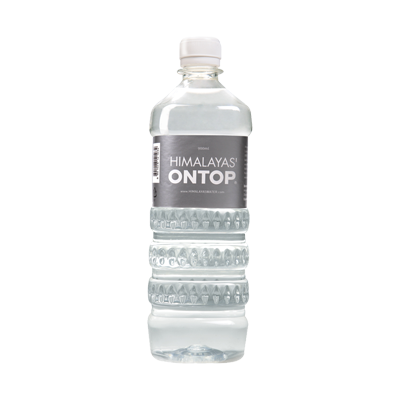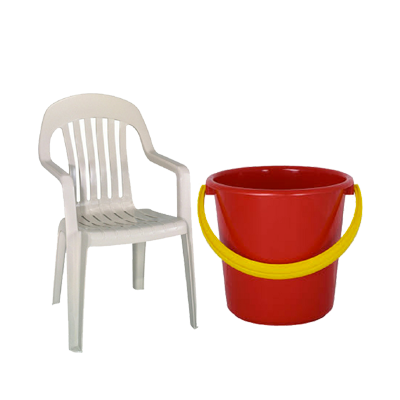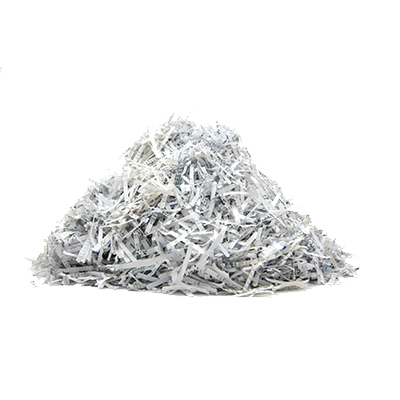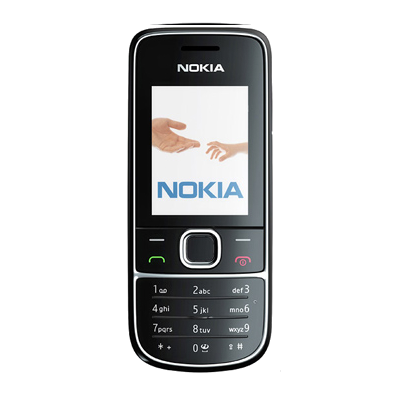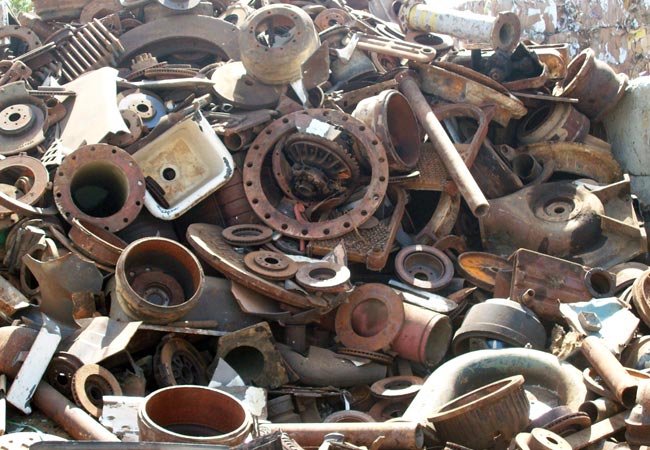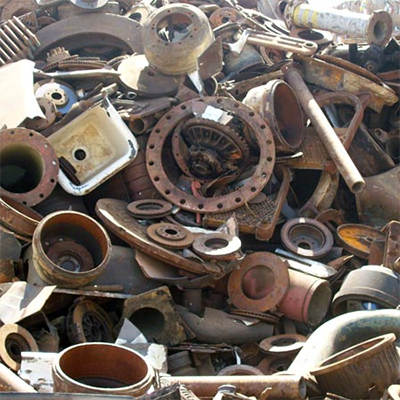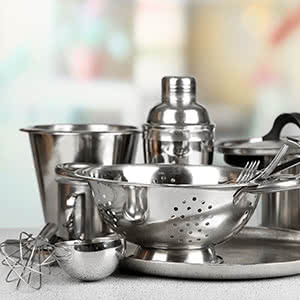
2019-07-21
Blogging about Plogging: A Swayambhunath Story
Plogging, the act of picking up trash while jogging, originated in Sweden in 2016. Since then it has gone global. Swayambhu is a Buddhist and Hindu heritage area that has been around for centuries. So how are plogging and Swayambhu connected? The Swayambhu World Heritage Site sits atop a hill which means that years of improper waste management has weakened the hill’s soil structure and made it susceptible to erosion. Waste is largely produced during religious activities or by visitors and existing community members. In order to mitigate further erosion and to preserve the heritage site, UNESCO along with the Federation of Swayambhu Management and Conservation (FMSC), Department of Archeology (DoA), and sustainability partners Doko Recyclers and Organic Life launched five plogging sessions to educate the Swayambhunath community on the importance of proper waste segregation. When we first started plogging, we were impressed by the community’s willingness to clean the area. Cleaning heritage sites is quite a common activity and most of the participants were accustomed to the idea of collecting trash and sending it to the landfill with the municipality. While this is a wonderful initiative, many items which unfortunately can be recycled end up in the landfill. So we introduced the concept of separating recyclable and non-recyclable waste in different colored sacks during the clean up effort. Since this was a new concept for many, it was a difficult task to mobilize the entire community. They were not keen to separate their trash as this required more time and deliberate thought instead of placing it all in one sack and taking it to the landfill. We divided community members in different groups with each group being led by a facilitator to ensure proper recycling and segregation of waste. The first three plogging sessions had facilitators from UNESCO, Doko Recyclers, the Federation of Swayambhu Management and Conservation, and the Department of Archaeology. The final two were led by cleaning staff and vendors so they felt empowered and comfortable with leading efforts to recycle in the future. As the plogging sessions progressed, we could see a change in how people were perceiving the idea of recycling. While many thought it was an added step or extra effort in the beginning, the same people were keeping a keen eye out for recyclable items during the plogging by the third time we had done it. With our suggestion, the Federation even changed the materials used during lunch by replacing disposable plastic spoons with reusable metal ones, as well as using leaf tapari and wooden spoons for side dishes. When the fifth and final plogging took place on June 28th, we couldn’t have been more proud by how far our efforts and education had come. Around 100 community members came together to clean up in and around the heritage area and all of them were eager to about efficient approach for waste management in Swayambhu. They expressed their enthusiasm in supporting continued support for the initiative in establishing proper waste management systems in the area which would include strategies such as placing bin stations suitable for segregation of waste at source, conducting awareness workshops/trainings on waste management for different stakeholder groups, setting up appropriate signages, and prohibiting certain items from the heritage area. Through our continuous involvement with in the area with the five plogging sessions, the cleaners, vendors, nuns, students from the monastery and administrative staff working in or for Swayambhu are now a mobilized group of people that is conscious of their waste practices and aware of the importance of efficient waste systems in place. Even though our plogging sessions have ended, we continue to work with UNESCO, the Federation of Swayambhu Management and Conservation, the Department of Archaeology, and Organic Life to set up a complete waste management system in Swayambhu and make the heritage site a true model in cleanliness and upkeep for the rest of the country.

